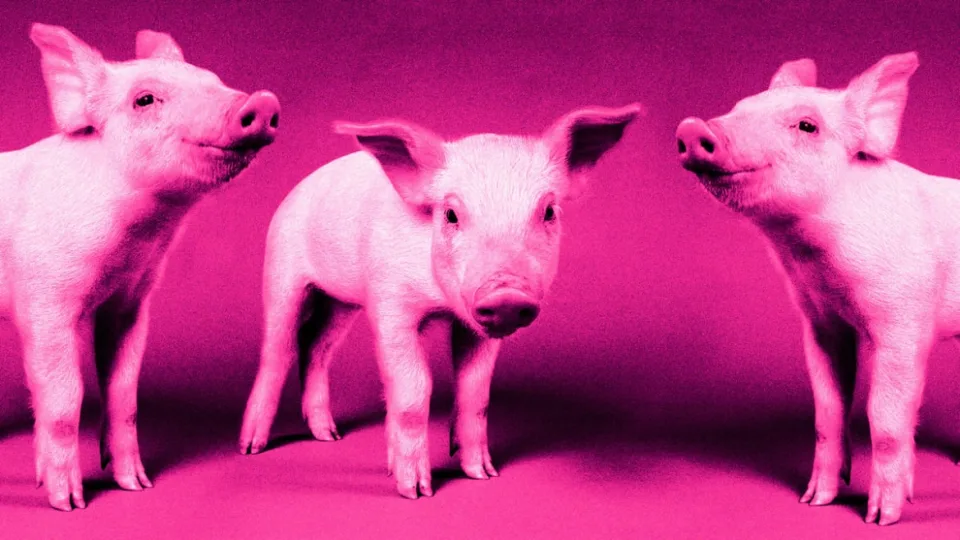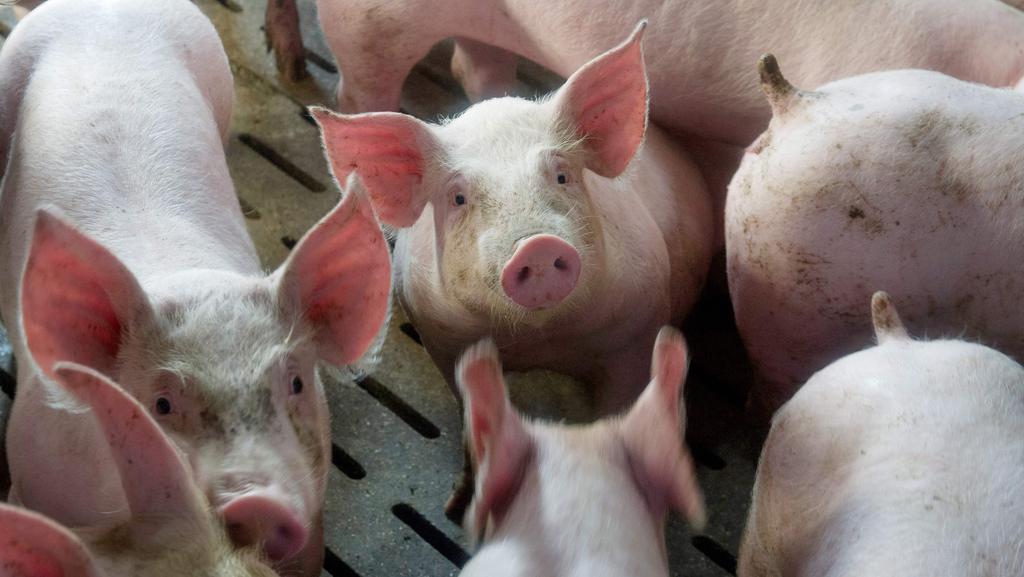Groundbreaking Achievement Holds Promise to Alleviate Organ Shortage Crisis
In a remarkable leap forward for the field of organ transplantation, scientists in China have achieved a groundbreaking milestone: the successful growth of mostly human kidneys inside pig embryos. This remarkable achievement holds the potential to address the chronic shortage of organs available for life-saving transplants.
Researchers at the Guangzhou Institutes of Biomedicine and Health achieved this groundbreaking feat by injecting human stem cells into pig embryos. After 25 to 28 days of development, they successfully extracted kidneys from the pig embryos, which astonishingly contained 50-60% human cells. This breakthrough innovation brings us closer to a future where human organs can be cultivated inside animals, particularly pigs, to meet the surging demand for transplantation.

The global shortage of organs available for transplantation is a pressing issue, with more than 100,000 people in the United States alone currently on organ transplant waiting lists. Tragically, each day, approximately 17 individuals lose their lives due to the unavailability of life-saving organs, primarily kidneys. While xenotransplantation, the transplantation of animal organs into humans, has been explored as a potential solution, it faces substantial challenges due to the human immune system’s tendency to reject foreign organs.
The innovative technique employed in this study, known as “interspecies organogenesis,” offers a promising workaround to surmount these obstacles. By cultivating human organs within animals, there exists the potential for an unlimited supply of organs that are compatible with human recipients. This approach could significantly reduce or eliminate the need for immunosuppressant drugs following transplantation.
Notably, while previous studies have successfully grown rat organs in mice and human tissues in pigs, this achievement marks the first time that scientists have succeeded in cultivating solid human organs inside another species. The kidneys extracted from the pig embryos exhibited a normal structure and a substantial proportion of human cells, marking a significant turning point in addressing the organ shortage crisis.

It is important to emphasize that this research is still in its nascent stages, and there are numerous ethical and regulatory considerations associated with growing human organs inside animals. However, it offers a promising step forward in the realm of regenerative medicine and offers hope to countless patients eagerly awaiting life-saving organ transplants.
The groundbreaking achievement in interspecies organogenesis not only holds the potential to revolutionize the field of organ transplantation but also offers renewed hope to those who have long been awaiting the gift of life through transplantation.
Resources:
1.https://www.freethink.com/science/human-organs
4.https://www.bbc.com/news/health-36437428